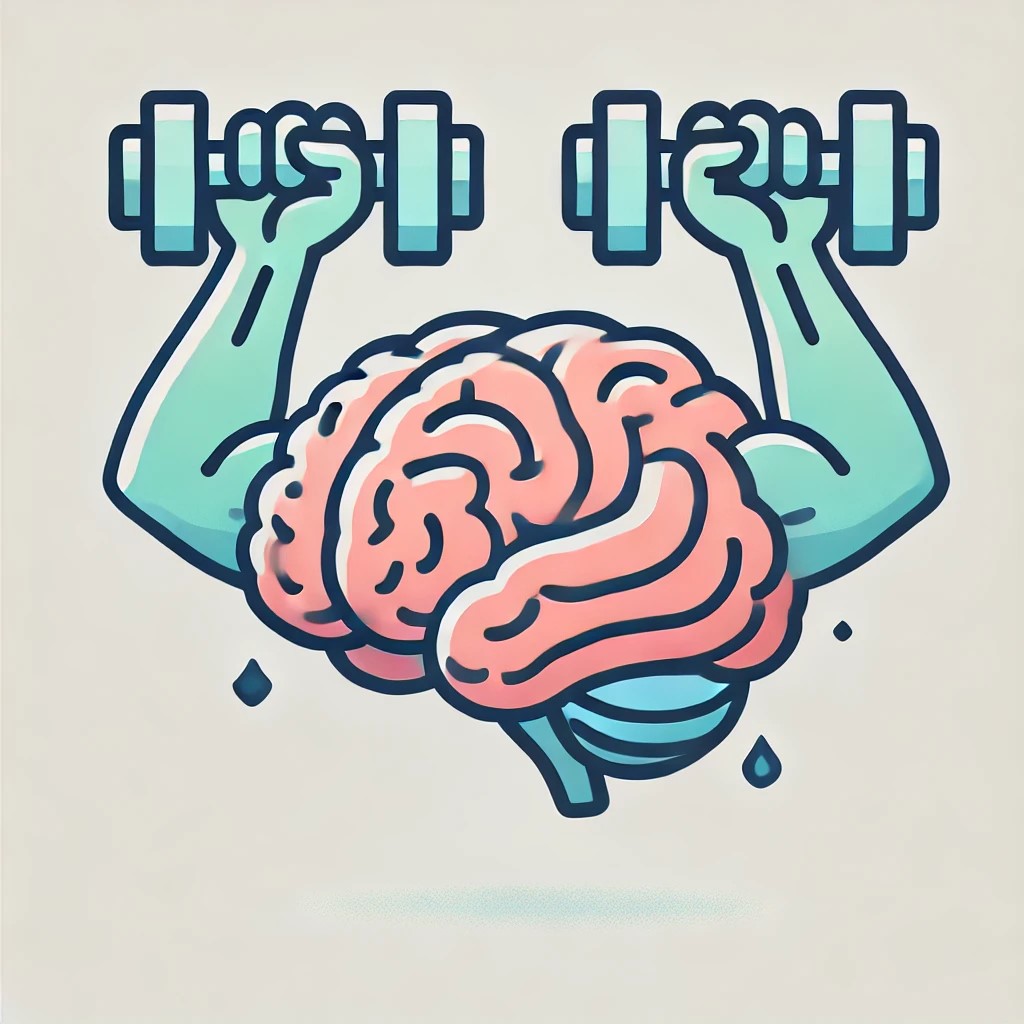
Engaging in regular physical exercise is essential not only for maintaining physical health but also for enhancing brain function and cognitive well-being. A growing body of research highlights the profound impact of physical activity on the brain, emphasizing its importance across all age groups.
The Cognitive Benefits of Exercise
Regular physical activity has been shown to:
- Enhance Memory and Thinking Skills: Aerobic exercises, such as walking, jogging, and swimming, increase heart rate, promoting blood flow to the brain. This process stimulates the release of hormones that facilitate the growth of brain cells, improving memory and cognitive functions. Harvard Health
- Reduce Risk of Cognitive Decline: Studies suggest that individuals who engage in regular physical activity have a lower risk of developing cognitive impairments, including dementia and Alzheimer's disease. Exercise helps maintain brain health by preserving neuronal structures and functions. Mayo Clinic Proceedings
- Improve Mental Health: Physical activity is linked to reduced symptoms of depression and anxiety. It promotes the release of endorphins and other mood-enhancing chemicals, contributing to overall mental well-being. Harvard Health
Mechanisms Behind the Benefits
The positive effects of exercise on the brain can be attributed to several physiological mechanisms:
- Increased Neurogenesis: Exercise stimulates the production of neurotrophic factors like Brain-Derived Neurotrophic Factor (BDNF), which support the growth and survival of neurons.
- Enhanced Neuroplasticity: Regular physical activity improves the brain's ability to adapt and reorganize itself, enhancing learning and memory processes.
- Improved Vascular Health: By promoting cardiovascular fitness, exercise ensures efficient blood flow to the brain, supplying essential nutrients and oxygen that support cognitive functions.
- Understanding Moderate-Intensity Aerobic Activities: Moderate-intensity aerobic activities are exercises that elevate your heart rate to 50%–60% above its resting level, leading to noticeable increases in breathing and heart rate while still allowing for conversation.
Recommended forms of Exercise
Engaging in at least 150 minutes of moderate-intensity aerobic exercise per week is a cornerstone of maintaining and enhancing both cognitive function and overall health. This level of physical activity has been associated with a multitude of benefits, including improved memory, attention, and processing speed, as well as a reduced risk of chronic diseases such as cardiovascular conditions and type 2 diabetes.
Understanding Moderate-Intensity Aerobic Exercise
Moderate-intensity aerobic exercise refers to activities that elevate your heart rate to 50%–60% above its resting level, leading to noticeable increases in breathing and heart rate while still allowing for conversation. Incorporating a variety of these activities into your weekly routine can make achieving the recommended 150 minutes both enjoyable and sustainable.
Here are some examples of moderate-intensity aerobic activities:
Brisk Walking: Walking at a pace of at least 2.5 miles per hour enhances cardiovascular health and supports cognitive function. | |
| Water Aerobics Engaging in water-based exercises improves muscle strength and endurance with minimal joint strain. | |
| Dancing Participating in ballroom or social dancing combines physical activity with mental engagement, benefiting both body and mind. | |
| Gardening Activities like raking, digging, and planting provide moderate-intensity exercise while enjoying the outdoors. | |
| Tennis (Doubles) Playing doubles tennis offers a moderate workout, enhancing coordination and cardiovascular fitness. | |
| Cycling Biking at a speed slower than 10 miles per hour on flat terrain provides a moderate-intensity workout suitable for various fitness levels. |
Incorporating these activities into your weekly routine can contribute significantly to overall health and well-being.
Recommendations for Incorporating Exercise
To harness the cognitive benefits of physical activity, consider the following guidelines:
- Aerobic Exercise: Engage in moderate-intensity aerobic activities, such as brisk walking or cycling, for at least 150 minutes per week. These exercises are particularly effective in boosting brain health.
- Strength Training: Incorporate resistance exercises, like weightlifting or bodyweight workouts, at least twice a week to enhance muscle strength and support cognitive functions.
- Consistency: Regularity is key. Establish a routine that includes various forms of exercise to keep both the body and mind engaged.
Conclusion
Physical exercise serves as a powerful tool for enhancing brain health and cognitive function. By integrating regular physical activity into daily life, individuals can significantly improve memory, thinking skills, and overall mental well-being, paving the way for a healthier, more vibrant life.

